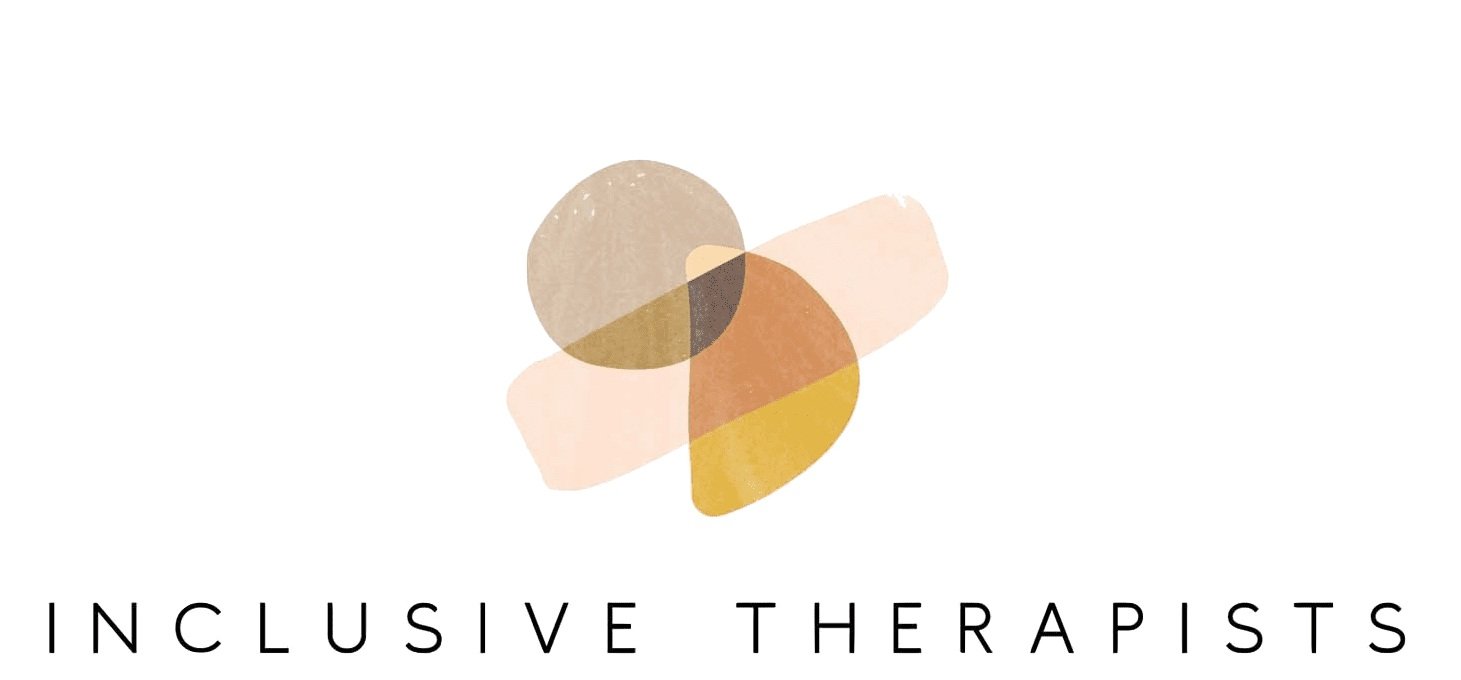
Are You Looking For Help With Maternal Mental Health Struggles?
Welcoming a new baby is a joyful occasion, but it can also introduce unique and unexpected challenges. You are “supposed” to be overwhelmed with joy and love for your new child, but instead, you might feel confused by contradictory emotions, like sadness, anxiety, guilt, and even hopelessness.
On top of that, sleep deprivation, shifts in responsibilities, and the emotional demands of parenting may have put a strain on your marriage or partnership. And maybe you’ve even vented about your struggles to loved ones, yet you still feel trapped by stress, self-doubt, or emotional overwhelm.
Perhaps you assumed that parenting should come naturally, and as a result, you hesitate to reach out for professional help.
The Journey To Motherhood Can Be A Difficult One For Some
Sadly, pregnancy loss is far more common than many people realize, yet women are often discouraged from speaking openly about this experience and the deep, accompanying grief. Coping with such a loss often requires a tailored approach, with understanding and empathetic support from professionals who specialize in this area.
Postpartum, some women may experience strong hormonal fluctuations, sleep deprivation, grief over their former life, and anxiety around being a new parent—all of which can contribute to Postpartum Depression (PPD). PPD can manifest within the first few weeks after childbirth or develop gradually over several months. With the right support, PPD is a treatable condition, but many women do not know where to turn for help.
At Repose, our perinatal care helps women go deeper, guiding you through somatic practices and integrative therapy to uncover and address the core issues that drive your pain. Our therapists also help new mothers improve their communication, address conflicts, and reestablish intimacy within their relationships.
Have any questions? Send us a message!
Many Women Suffer From Perinatal Anxiety And Mood Disorders In Silence
Perinatal anxiety and various mood disorders are actually fairly common amongst new mothers, yet many women assume that they’re alone in dealing with these challenges.
-
Approximately 21% of women experience depression following childbirth, with symptoms including sadness, anger, rage, fear, guilt, lack of interest in the baby, appetite and sleep disturbances, difficulty concentrating or making decisions, or possible thoughts of harming the baby or oneself. They may cry often, experience diminished interest in motherhood, or worry about their abilities as a mother.
-
Postpartum anxiety disorders such as GAD can co-occur with depression. Women may experience panic attacks, hyperventilation, excessive worry, restless sleep, and repeated thoughts or images of fearful things happening to the baby.
-
As many as 11% of new mothers experience intrusive thoughts or mental images often related to endangerment of the baby. Mothers know their thoughts are bizarre and feel horrified by them, and they are very unlikely to ever act on them, but they might avoid certain actions or engage in repetitive behaviors to reduce the fear.
-
Panic disorder is a form of anxiety that occurs in up to 11% of new mothers, causing recurring panic attacks accompanied by sudden, intense distress, shortness of breath, chest pains, and heart palpitations. Mothers with panic disorder might fear losing control.
-
PTSD can occur after experiencing an event that threatened the mother’s or a loved one's life, such as a childbirth trauma or an infant's NICU stay. It is typically characterized by intrusive and recurrent memories, nightmares, and flashbacks, avoidance of trauma reminders, irritability, angry outbursts, difficulty concentrating, hypervigilance, and sleep and appetite changes.
-
Postpartum psychosis is rare, affecting only 1-2 out of 1000 childbearing women. This condition requires immediate professional help, and symptoms can include rapid mood swings, confusion, erratic behavior, delusions, and hallucination, irritability, hyperactivity, sleep disturbances, paranoia and suspiciousness, and difficulty communicating.
Understanding the signs and symptoms of these conditions can help you determine if it’s time to reach out for help. From addressing postpartum depression and anxiety to fostering self-care and building resilience, perinatal therapy with the support from our dedicated team that can help you navigate this chapter.
Perinatal Therapy Provides Guidance Throughout Pregnancy, Postpartum, And Early Motherhood
Our perinatal therapists understand the unique challenges that come with the transformative period of motherhood. And we offer compassionate, specialized maternal wellness support for every part of your journey.
Infertility & Miscarriage
Our therapists are here to help you process grief, loss, anxiety, and depression associated with infertility and miscarriage.
Pregnancy
Pregnancy is an emotionally and physically demanding journey. We offer support, education, and empowerment for a positive and healthy experience.
Post-partum
It is not uncommon to experience depression, anxiety, OCD, and relationship issues following the birth of your baby. We can help you navigate this major life transition.
Specialized help for
Treatment Approaches For Perinatal Therapy
At Repose, our therapists offer a range of evidence-based interventions to promote emotional well-being. We will take an integrative approach to sessions, tailoring your treatment plan to your individual needs. Through a combination of body-centered practices with talk therapy, you can experience profound healing and a greater sense of ease and well-being in your maternal journey.
Somatic Therapy
Somatic therapy for maternal mental health acknowledges the strong mind-body connection and honors the role of bodily sensations and movements in unlocking emotional blocks and processing trauma. Throughout therapy, the accompanying guided awareness exercises and gentle movements can be tailored to the unique perinatal experiences of pregnancy, postpartum, and early motherhood. Somatic therapy offers a safe space for women to explore and express their feelings, fostering a sense of grounding and empowerment.
EMDR Therapy
Eye Movement Desensitization and Reprocessing (EMDR) therapy helps women process unresolved trauma that may resurface during the perinatal period, such as birth trauma or adverse childhood experiences.
IFS Therapy
Through Internal Family Systems (IFS) therapy, you can explore the “inner family” of your emotions and address the guilt, shame, and self-doubt that often accompany the roles women play in their families and communities.
Therapeutic Breathwork & Yoga
Therapeutic yoga and breathwork exercises ground women in their bodies. These tools can help alleviate somatic symptoms of chronic stress and anxiety and promote nervous system regulation.
Mindfulness & Meditation
Mindfulness and medication practices help build skills to anchor mothers in the present and feel at home in their body. This helps foster self-compassion and a sense of control.
By drawing from these varied approaches, our therapists ensure that your emotional, physical, and spiritual needs are honored in counseling.
But You May Still Have Questions About Perinatal Therapy…
-
We understand that women today are juggling demanding schedules. With telehealth options, therapy can fit seamlessly into your day, whether during a lunch break or while your child naps. Even brief, consistent sessions can provide a much-needed anchor amidst life’s chaos.
-
At Repose, therapists prioritize creating a safe, nonjudgmental space. Many have specialized training in maternal wellness and culturally sensitive care, ensuring that your unique perspective and experiences are met with understanding and respect. Even if you’ve had negative experiences in therapy previously, the therapists at Repose are committed to repairing and rebuilding trust in the therapeutic process.
-
Therapy is an act of self-care that benefits not just you but your family and relationships. Repose helps you navigate these dynamics with grace, empowering you to communicate your needs and set healthy boundaries.
Perinatal Therapy Can Help Women Enjoy A Healthier, Happier Journey Through Motherhood
We also offer in-person therapy for perinatal mental health out of our boutique office in Pleasantville, New York, conveniently located off the Pleasantville Metro-North Station.
Our maternal wellness therapists provide online therapy for perinatal women in NY, NJ, CT, and abroad. We use a secure, HIPAA-compliant video platform that gives you the freedom to meet with your therapist at a place and time most convenient for you.

AS SEEN IN
Explore the Repose Journal
Yes! We Accept Insurance!
Many of our therapists accept Aetna, Aetna Student, and Wellfleet Student health insurances. When using these in-network insurances, you will only be required to pay the cost of your copay at the time of service.
If you want to use other insurance providers with out-of-network benefits, you are required to pay the full fee at the time of service. When using out-of-network insurance only, we provide you with a monthly superbill (a receipt of the therapy services you paid for) with all of the necessary information for you to submit the claim to your insurance.



























